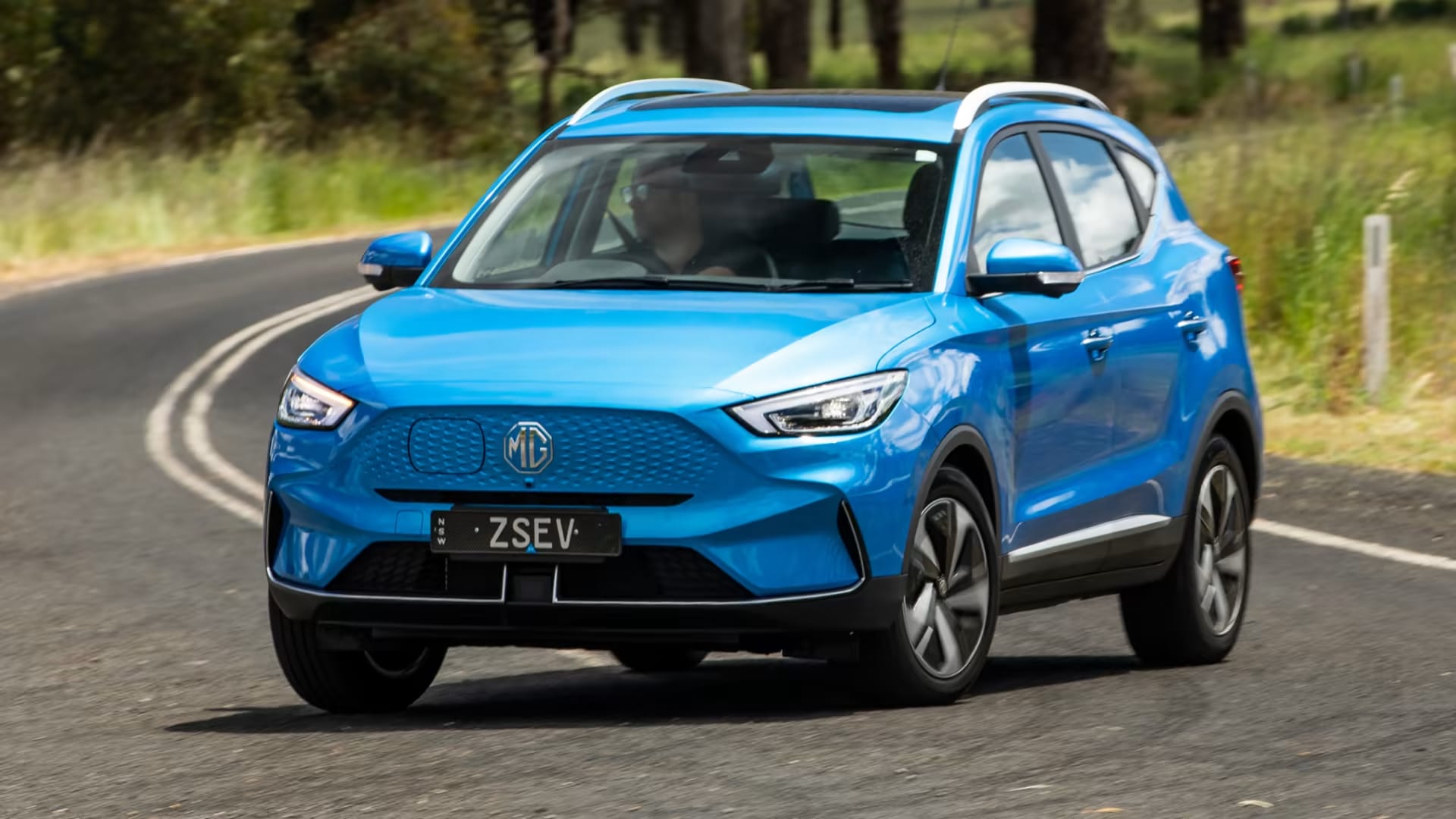Are electric cars really cheaper than petrol vehicles?

Are electric cars really cheaper than petrol vehicles?
Electric cars have been gaining popularity as a sustainable alternative to traditional petrol vehicles. With the increasing awareness of environmental issues and the desire to reduce carbon footprints, more people are considering electric cars (EVs) as a viable option. However, one of the main questions that potential buyers often ask is: "Are electric cars really cheaper than petrol vehicles?"
Initial Cost: The Price Tag Difference
The upfront cost of electric cars is often higher than that of their petrol counterparts. This is primarily due to the expensive batteries that power EVs. However, governments in many countries offer incentives like tax rebates, grants, and subsidies for electric car buyers, which can significantly reduce the purchase price.
Fuel Costs: Charging vs. Filling Up
When it comes to running costs, electric cars have a clear advantage. Electricity, even when sourced from public charging stations, is generally cheaper than petrol. The cost per mile for an electric car is significantly lower compared to a petrol vehicle. This difference becomes even more pronounced with the rising costs of fossil fuels.
Maintenance: Less is More
Electric cars have fewer moving parts compared to petrol vehicles, which translates into lower maintenance costs. There are no oil changes, fewer brake replacements due to regenerative braking, and generally less wear and tear. This aspect can lead to considerable savings over the life of the vehicle.
Depreciation: A Changing Landscape
Historically, electric cars suffered from higher depreciation rates than petrol cars. However, this trend is changing. As electric vehicles become more mainstream and battery technologies improve, their resale values are holding up better. This shift is gradually reducing the gap in depreciation rates between electric and petrol vehicles.
Environmental Costs: Beyond the Wallet
While not a direct financial cost, the environmental impact of vehicles is an increasingly important consideration. Electric cars, especially those charged with renewable energy, have a much lower carbon footprint than petrol vehicles. This environmental saving is becoming a crucial factor for many buyers.
Long-Term Savings: Calculating the Total Cost of Ownership
To truly understand the cost differences, one must consider the total cost of ownership (TCO), which includes purchase price, fuel, maintenance, insurance, and depreciation. Over the lifespan of the vehicle, EVs can be cheaper due to lower running and maintenance costs.
The Future: Trends and Projections
The electric vehicle market is evolving rapidly. Battery prices are falling, and ranges are increasing. This progress, combined with more stringent emissions regulations, suggests that the cost gap between electric and petrol vehicles will continue to narrow.
Conclusion: A Personal Calculation
Ultimately, whether an electric car is cheaper than a petrol vehicle depends on individual circumstances, such as driving habits, local fuel and electricity prices, and available incentives. It's crucial for potential buyers to calculate the TCO based on their specific situation. While EVs may not be universally cheaper than petrol cars at present, for many, they represent a cost-effective and environmentally friendly option for the future.
